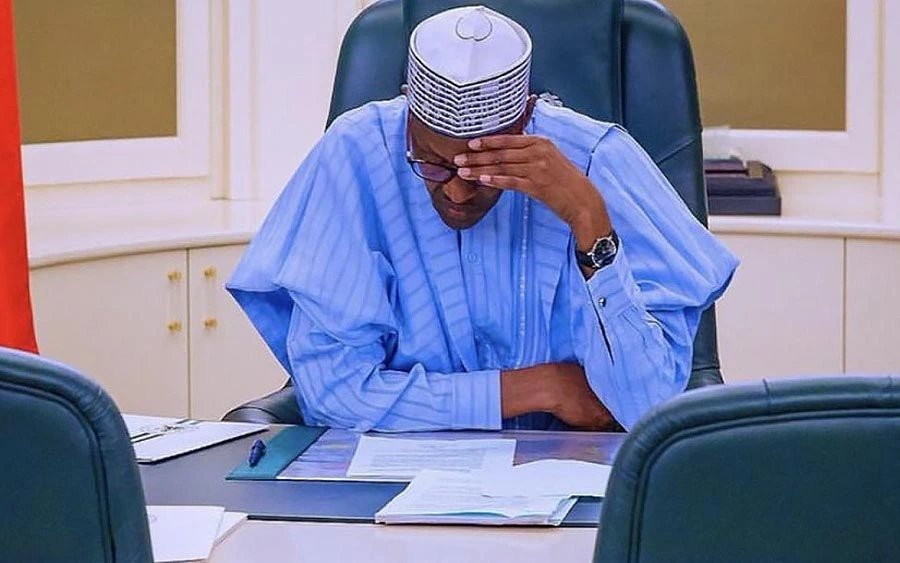The Economist Intelligence Unit (EIU) has described Nigeria’s debt service ratio as the worst in the world following revelation by the Minister of Finance, Ahmed Zainab that Nigeria spent 118.9 per cent of its revenue to service debts between January and April.
Analysts at the EIU in a global note to investors on Wednesday said that it is unfortunate that this is happening even at the time of higher international oil prices.
The report said: “Nigeria’s federal government debt service payments in the first four months of 2022 totaled N1.9trn, which was greater than its total revenue of N1.6trn, according to the 2023‑2025 Medium-Term Expenditure Framework and Fiscal Strategy Paper (MTEF/FSP) draft presented by the finance, budget and national planning minister, Zainab Ahmed, on July 21st.
“It confirms that Nigeria’s fiscal position is untenable, despite high international oil prices. We consider both subsidy and tax reform as inevitable in the medium term.” On the back of this, the EIU said Nigeria’s deficit for 2022 could now be expected to top 6 percent of GDP.”
Nigeria already has the highest number of out of school children in the world and years ago, it was awarded the inglorious label of poverty capital of the world on account of its burgeoning population of absolute poor.
It added: “High global oil prices are not translating into government receipts because of an expensive petrol subsidy, which the government essentially buys from the national oil company in exchange for income from crude sales.
“The main issue is that Nigeria is under-producing oil. Output of 1.17m barrels/day (b/d) in June compares with sustainable capacity of 1.5m b/d and is being kept low by insecurity in oil‑producing areas, and theft and vandalism of infrastructure are huge problems.
The subsidy is clearly unsustainable, given the debt service/revenue ratio, but will not be stopped before a general election in February 2023.
READ ALSO: Debt service pressure to persist in 2022, says report
“Markets have baulked at Nigeria’s fiscal pressures: credit default swap spreads have risen steadily since April (as the petrol subsidy bill began to spiral) and topped 1,000 basis points in late July—a spread not registered since the depths of the coronavirus pandemic shock in April 2020. Restricted access to the international capital market is forcing the Nigerian government to borrow domestically at high interest rates.
“The MTEF/FSP draft contains two scenarios for federal budget estimates for 2023. Under a scenario where petrol subsidies—estimated to cost N6.7trn for the whole of 2023—end mid‑year as planned, total spending would be N18trn, which is 3.9% more than the 2022 budget.
However, under a business-as-usual scenario without subsidy reform, expenditure is estimated at N17trn, which is 1.9% lower than the 2022 budget. In other words, not ending the subsidy would necessitate austerity in an economy where government spending accounts for just 6% of GDP.”

 Football7 days ago
Football7 days ago
 Health & Fitness21 hours ago
Health & Fitness21 hours ago
 Aviation1 week ago
Aviation1 week ago
 Featured5 days ago
Featured5 days ago
 Education6 days ago
Education6 days ago
 Comments and Issues6 days ago
Comments and Issues6 days ago
 Business6 days ago
Business6 days ago
 Education1 week ago
Education1 week ago

